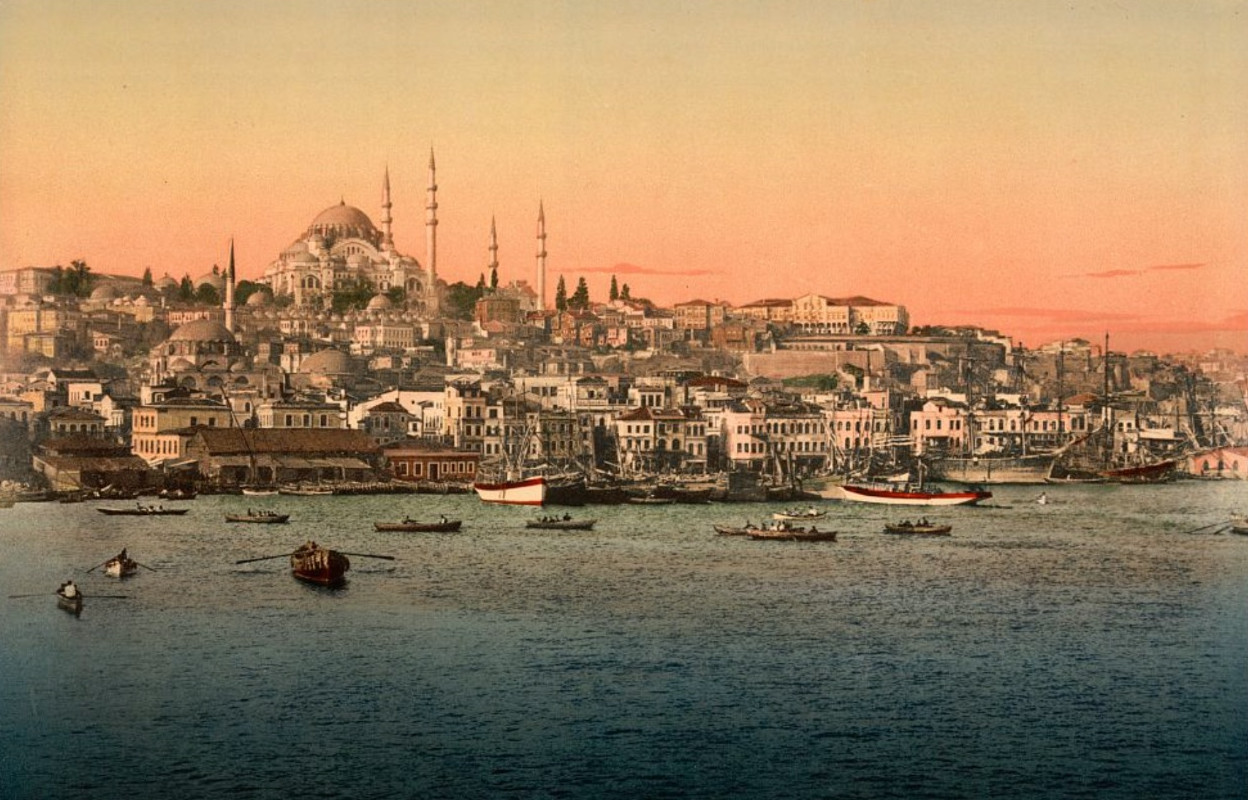A hundred years ago, the last Ottoman sultan boarded a ship and sailed away from Istanbul, marking the end of one of history’s most powerful and enduring empires. For over 600 years prior, the Ottoman Empire had ruled over a vast swath of Europe, Asia, and Africa.
This momentous event led to the emergence of new states in the region – many of which were created with the help of European powers – and whose borders were often drawn without regard for the ethnic and cultural makeup of the region. Tensions were unleashed that had been suppressed under Ottoman rule, with lasting consequences for the region and the world.
This year marks the centenary of the fall of the Ottoman sultanate, a milestone that invites reflection on the events and aftermath of this historic event.
The Ottoman Empire was known for its historic tolerance towards different religious groups and ethnic minorities. It was a multi-ethnic and multi-religious state, and the Ottoman government promoted a policy of religious tolerance and coexistence. It was home to a diverse array of religious and ethnic groups, including Muslims, Christians, and Jews, who lived side by side and were able to practice their own religions and maintain their own cultural traditions.
This policy of tolerance and coexistence was reflected in the Ottoman government’s system of millets, which granted autonomy to different religious and ethnic groups within the empire. Each millet was responsible for the administration of its own affairs and was able to maintain its own religious and cultural traditions.

However, as the Ottoman Empire began to decline in the 19th century, this policy of tolerance came under strain.
The rise of nationalism within the empire and external pressure from predatory European imperialism created challenges for the Ottoman government, and tensions began to rise between different religious and ethnic groups.
Nationalist movements emerged among various ethnic and religious groups within the empire, including Arabs, Greeks, and Armenians. These movements sought to assert their cultural and national identities and demand greater autonomy or independence from Ottoman rule. The Ottoman government, which had traditionally relied on a system of millets to govern its diverse subjects, struggled to respond to these demands.
The rise of nationalism also contributed to the fragmentation of the empire, as various ethnic and religious groups sought to break away from Ottoman rule. This process was aided by the intervention of European powers, which often supported nationalist movements as a way to undermine Ottoman control in the region, reflecting their own imperialistic designs.
Despite these policies of religious and cultural autonomy ultimately contributing to the collapse of the empire, the legacy of its tolerance and coexistence remains an important part of its history and continues to be remembered and celebrated today.
During the 19th century, European imperialism also had a significant impact on the collapse of the Ottoman Empire.
European powers, including Britain, France, and Russia, sought to expand their empires and extend their influence in the Middle East, often at the expense of the Ottoman Empire. These powers pursued a variety of policies, including economic exploitation, military intervention, and diplomatic manoeuvring, to further their interests in the region.
One key factor in the collapse of the Ottoman Empire was the manipulation of the Ottoman debt by European powers.
The empire had amassed significant debt during the 19th century, and European powers exploited this to exert control over it. For example, Britain and France used their influence over the Ottoman debt to extract concessions and privileges, such as the right to build railways and other infrastructure projects in the empire.
In addition to economic pressures, European powers also intervened militarily in the Ottoman Empire. For example, during the Crimean War, Britain and France intervened on the side of the Ottoman Empire against Russia. However, this intervention was motivated more by the desire to check Russian expansion than by any genuine concern for the Ottoman Empire.
Overall, the policies of European powers during the 19th century contributed significantly to the collapse of the Ottoman Empire. These powers exploited the empire’s economic and military weaknesses and pursued their own self-interests at the expense of the Ottoman Empire, contributing to its decline and eventual demise.
As we commemorate the centenary of the fall of the Ottoman Sultanate, it is essential that we remember and reflect upon this defining moment in history. The final years of the Ottoman Empire were marked by significant internal and external challenges, and the collapse of the sultanate had far-reaching consequences for the region and the world.
To mark this historic event, we will be publishing a series of articles exploring the history of the Ottoman Empire and the events leading up to its fall. We hope that they will provide a deeper understanding of this crucial period in Islam and European history and serve as a reminder of the lessons to be learned from the fall of the Ottoman Sultanate.
Source: Islam21c










it’s a very much needed lessons for our contemporary ummah. I look forward to read next articles, Insya Allah.